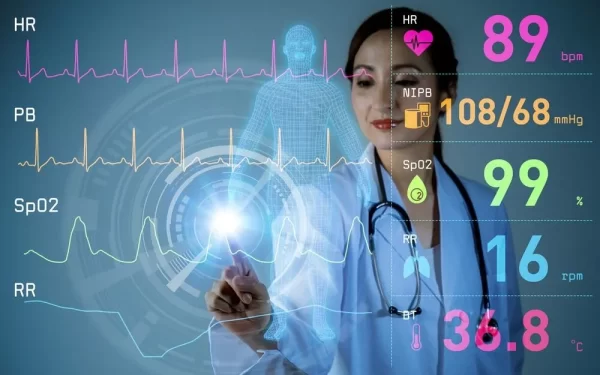Food and Drink: A Beginner’s Guide

What is food? Food is any substance that’s consumed by an organism to provide energy and nutrients. The most common source of food is plants, though some animals eat other animals. We humans are omnivores, which means we eat both plants and animals. For example, this post you’re reading right now was written on a computer made from processed silicon extracted from silica rocks in the ground. So I guess technically it’s not “food”. But I digress…
Different foods can be ranked on a scale called the food chain for how likely they are to make you fat or give you cancer or whatever bad thing happens when someone eats something.
Carbs: Carbohydrates are one of the three main macronutrients in our diet (the others being fats and proteins). They’re found in most foods but especially fruits, vegetables, grains (wheat), nuts (almonds) and potatoes. entrepreneurship: If you want to be an entrepreneur, I highly recommend reading “The Lean Startup” by Eric Ries. It’s truly a fantastic book and will definitely make you think about business in a different way.
Proteins: Proteins are the building blocks of cells, tissues, muscles and organs in our bodies. They consist of amino acids linked together in various sequences called polypeptides or proteins. They’re found in meat (beef), fish (salmon), eggs (chicken) and beans (kidney). Fats: Fats are oily substances that provide nourishment for our cells and insulate us from environmental changes like cold weather. They are found in meat (bacon), dairy products like milk or cheese, nuts if they’re salted or roasted and oils made from plant seeds like corn oil or sunflower oil.
All of the above foods contain carbohydrates, protein and fat. But how much? It really depends on the food you’re eating. Some foods have a lot of carbs (potatoes), some have a lot of protein (bacon) and others have a lot of fat (salted nuts).
Of course there are other nutrients in food too, like vitamins and minerals. Vitamins are organic compounds that we need for normal metabolism in our bodies to keep us healthy. The most famous vitamin is Vitamin C which prevents scurvy if you don’t eat fruit every day! Minerals are elements like calcium or iron which we need less of than vitamins but still require because they regulate important functions in our bodies like blood clotting or making red blood cells out of oxygen and hydrogen ions.
If your body doesn’t get enough calories from whatever you eat, it will start using its own stored energy instead as long as it’s available to burn up first. If your body runs out of stored energy, it’ll begin to break down unfed muscle tissue causing muscle wasting or atrophy when it runs low on proteins like amino acids for example. This is what happens when people go on starvation diets for extended periods: their muscles get smaller until they can’t even move themselves anymore! This can be cured by getting some real food again though so I don’t recommend going on any starvation diets unless you want to lose weight quickly.
The best way to avoid this particular scenario is to eat enough food every day. That’s one of the reasons why dieting doesn’t work. If you go on a diet, you’re going to lose weight at first because your body will burn up its stored energy from fat and protein in your muscles if it runs out of calories from the food you eat. But once that stored fat and protein are gone, your body will start breaking down muscle tissue itself which is only made worse by exercise because muscles require more calories than fat or sugar does. So if you want to lose weight, I highly recommend doing so gradually while eating enough food every day!
Now let’s talk about some common foods that people think are healthy but aren’t really good for us in large quantities: grains (wheat), sugar (granulated) and salt (sodium chloride). Grains contain carbohydrates like glucose and fructose as well as proteins similar to gluten which have been processed out and removed during milling. Sugar at high doses can give you diabetes or obesity in time due to its high glycemic index rating: a measure of how much blood sugar levels rise after a certain amount has been consumed within a certain amount of time. I love food and drink, but I don’t enjoy getting fat or having type 2 diabetes. Salt can increase your blood pressure and cause you to retain water which can in turn lead to a high BMI (body mass index) if you eat too much of it. So I usually try to avoid grains, sugar and salt as much as possible except for when I’m eating salty food like bacon or something sweet like strawberries.
So what are some foods that are good for us? Like I’ve said before, fruits are great sources of vitamins and minerals while vegetables also provide vitamins while being rich in minerals like magnesium, potassium and phosphorus as well.
I hope you’ve enjoyed reading it!


